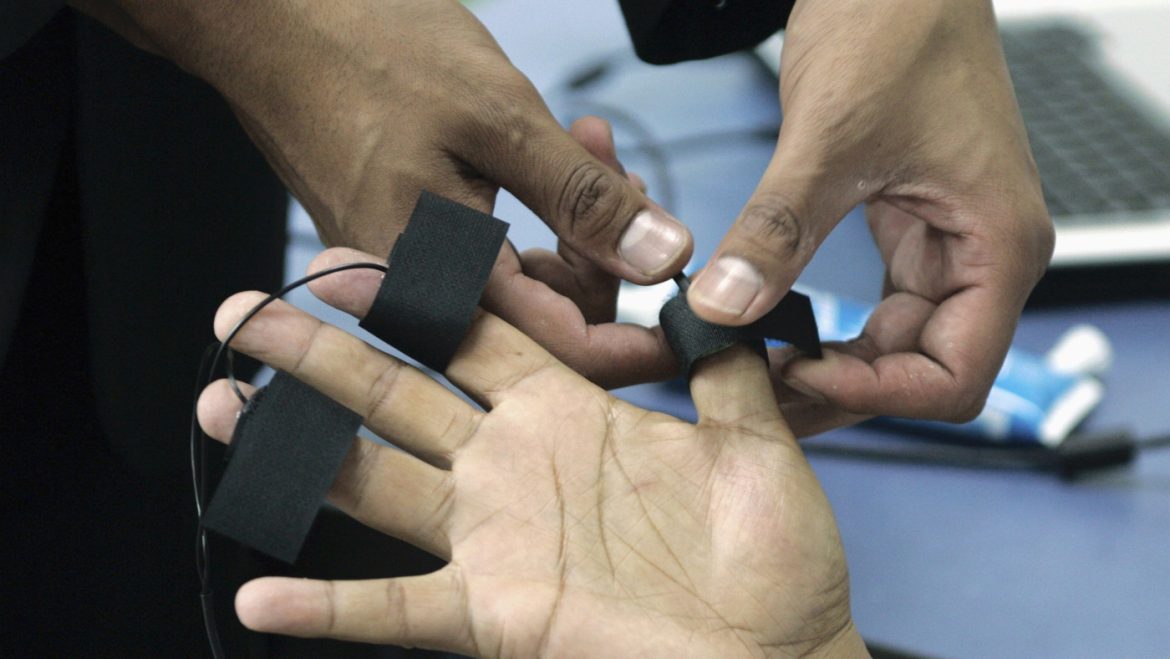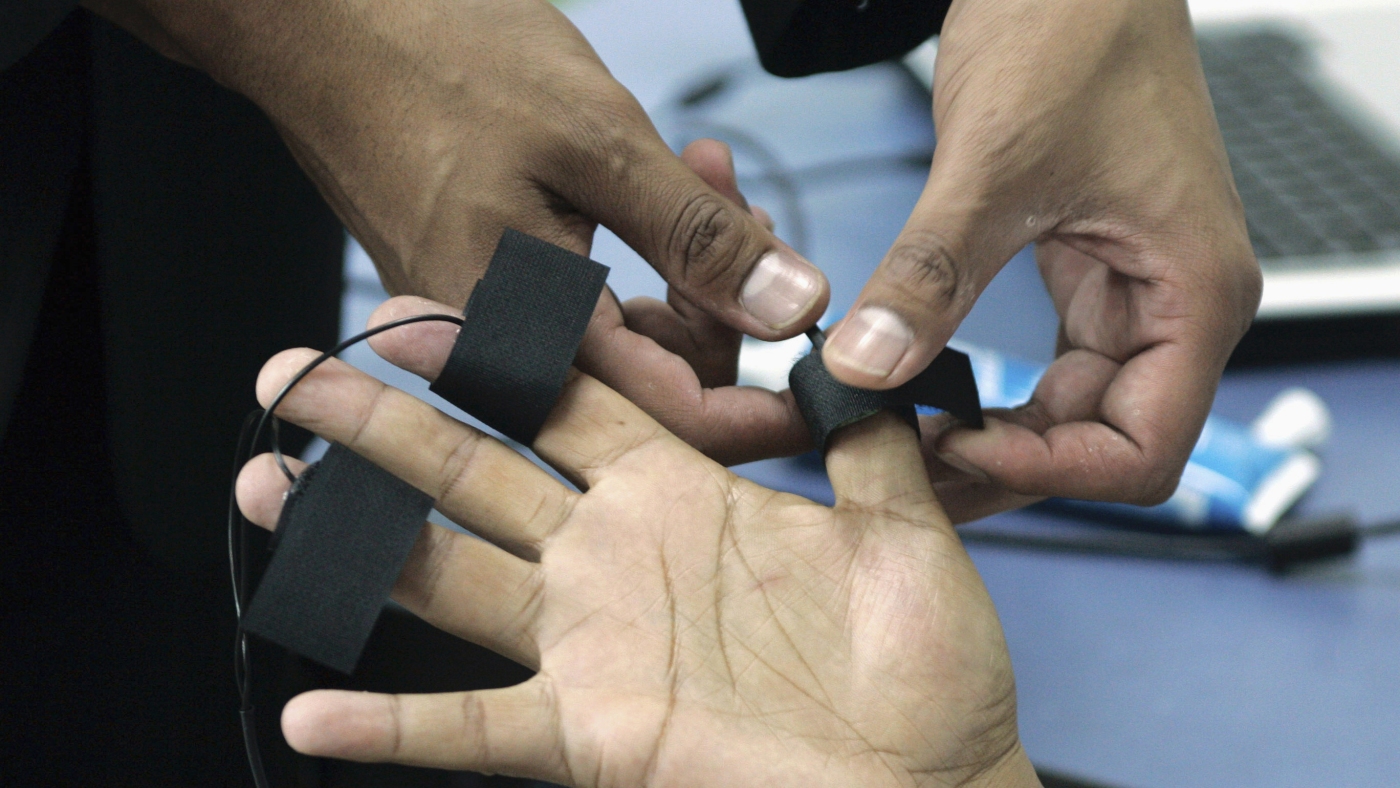The Rise of Polygraph Use in Federal Agencies
In recent times, the Federal Bureau of Investigation (FBI) and other federal agencies have intensified their efforts to curb information leaks by employing polygraph tests. This move has sparked a wave of discussions and debates regarding the efficacy and ethical implications of these so-called “lie-detector” tests. The following report delves into the specifics of this development, exploring the reasons behind the increased use of polygraphs, their effectiveness, and the broader implications for national security and civil liberties.
The Motivation Behind Polygraph Use
National Security Concerns
The primary motivation behind the FBI’s and other agencies’ decision to use polygraph tests is to safeguard national security. Leaks of sensitive information can compromise ongoing investigations, endanger lives, and undermine public trust in government institutions. By identifying and prosecuting leakers, these agencies aim to deter future disclosures and maintain the integrity of their operations.
Recent Increase in Leaks
The past few weeks have seen a surge in leaks to news outlets, with information ranging from immigration raids to internal investigations. This influx of leaks has prompted agencies like the Department of Homeland Security (DHS) and the FBI to take more aggressive measures to plug these information breaches. The use of polygraph tests is seen as a proactive step in this direction.
The Science and Efficacy of Polygraph Tests
Understanding Polygraph Tests
Polygraph tests, often referred to as “lie-detector” tests, measure physiological responses such as heart rate, blood pressure, respiration, and skin conductivity while an individual answers a series of questions. The underlying assumption is that deceptive answers will produce physiological responses that can be distinguished from those associated with truthful answers.
Expert Opinions on Efficacy
While polygraph tests are commonly used in law enforcement and national security contexts, their effectiveness is a subject of debate. Experts argue that polygraphs are not foolproof and can be influenced by various factors, including the subject’s emotional state, the skill of the examiner, and even countermeasures employed by the test-taker. Critics point out that polygraphs can produce false positives and false negatives, leading to potential miscarriages of justice.
The Limitations of Polygraphs
Despite their widespread use, polygraphs have several limitations. They are not admissible as evidence in court in many jurisdictions due to their disputed reliability. Moreover, the tests can be stressful and invasive, potentially leading to false confessions or inaccurate results. Agencies using polygraphs must, therefore, balance their potential benefits against these significant drawbacks.
The Broader Implications
Ethical and Legal Considerations
The increased use of polygraph tests raises several ethical and legal questions. Critics argue that polygraphs infringe on individuals’ privacy and civil liberties, as they compel subjects to undergo a potentially intrusive examination. Additionally, the use of polygraphs in employment settings, such as within federal agencies, can create a chilling effect, discouraging whistleblowers from coming forward with legitimate concerns.
Impact on Employee Morale and Trust
The deployment of polygraph tests can also have a detrimental impact on employee morale and trust. Employees may feel unfairly targeted or distrusted, leading to a breakdown in the working environment. This can, in turn, affect the overall effectiveness and efficiency of the agencies involved.
Public Perception and Transparency
The public’s perception of federal agencies can be influenced by their use of polygraph tests. While some may view it as a necessary measure to protect national security, others may see it as an overreach of government power. Transparency in the use of polygraphs, including clear guidelines and oversight, can help mitigate negative public reactions and ensure that the tests are used judiciously.
Conclusion: A Balanced Approach
The Need for a Comprehensive Strategy
The use of polygraph tests by the FBI and other federal agencies is a multifaceted issue that requires a balanced approach. While polygraphs can be a valuable tool in identifying leakers, they should not be the sole method of investigation. Agencies must complement polygraph use with other investigative techniques, such as digital forensics, human intelligence, and traditional investigative methods, to ensure a comprehensive and effective strategy.
Ensuring Fairness and Accountability
To maintain public trust and uphold ethical standards, agencies must ensure that the use of polygraphs is fair and accountable. This includes providing clear guidelines for their administration, ensuring that subjects are adequately informed about their rights, and implementing robust oversight mechanisms to prevent abuse.
Looking Ahead
As the use of polygraph tests continues to evolve, it is crucial for federal agencies to stay informed about the latest scientific research and technological advancements in this field. By doing so, they can enhance the reliability and effectiveness of polygraph tests, thereby better protecting national security while respecting individual rights and liberties. The future of polygraph use in federal agencies will depend on their ability to strike this delicate balance, ensuring that these tools are used responsibly and ethically.


